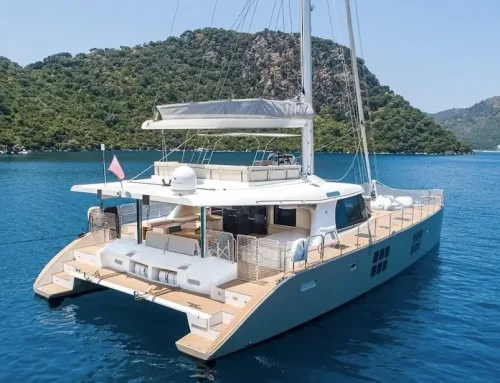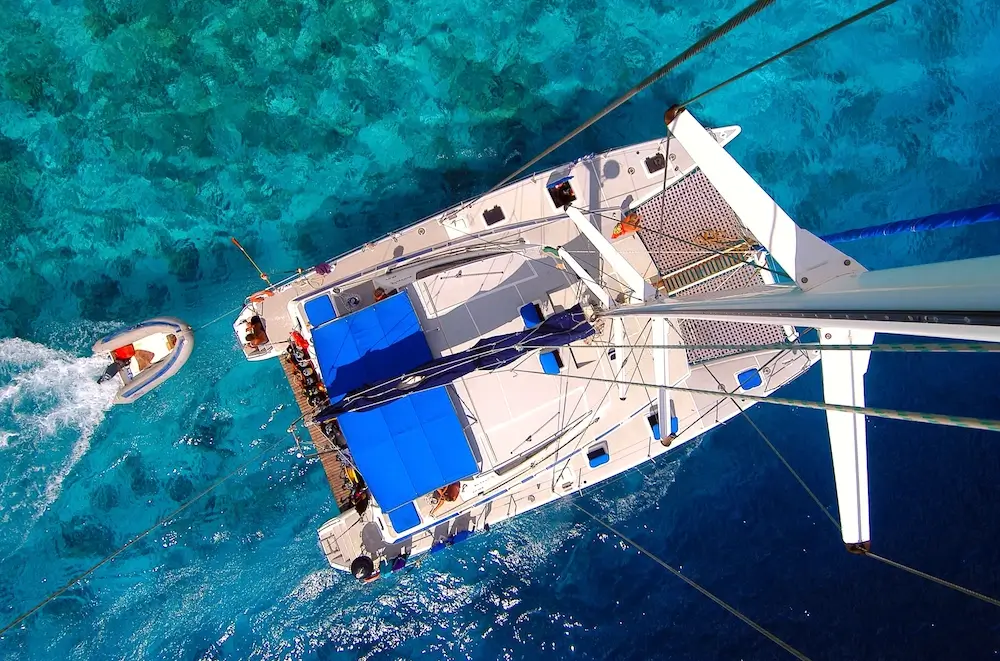
What You Need to Know Before Renting a Boat in Greece
Greece is a sailor’s paradise, with its countless islands, crystal-clear waters, and beautiful landscapes. Renting a boat in Greece can offer you the freedom to explore this aquatic wonderland at your own pace. But before you set sail on the Aegean or Ionian Sea, there are essential things to consider ensuring your Greek nautical adventure is smooth sailing. This guide will cover all you need to know before you charter a boat in Greece.
Understanding Greek Boating Regulations
The Essential Documentation
To charter a boat in Greece, you must present the required documentation. The country’s regulations stipulate that at least one crew member (typically the skipper) must have a valid sailing license recognized by the Greek authorities. Moreover, an understanding of international maritime laws and local navigation rules is indispensable.
Insurance and Liability
Before you sign your boat charter agreement, make sure you understand the insurance coverage. Verify what liabilities you are covered for and what falls under your responsibility.
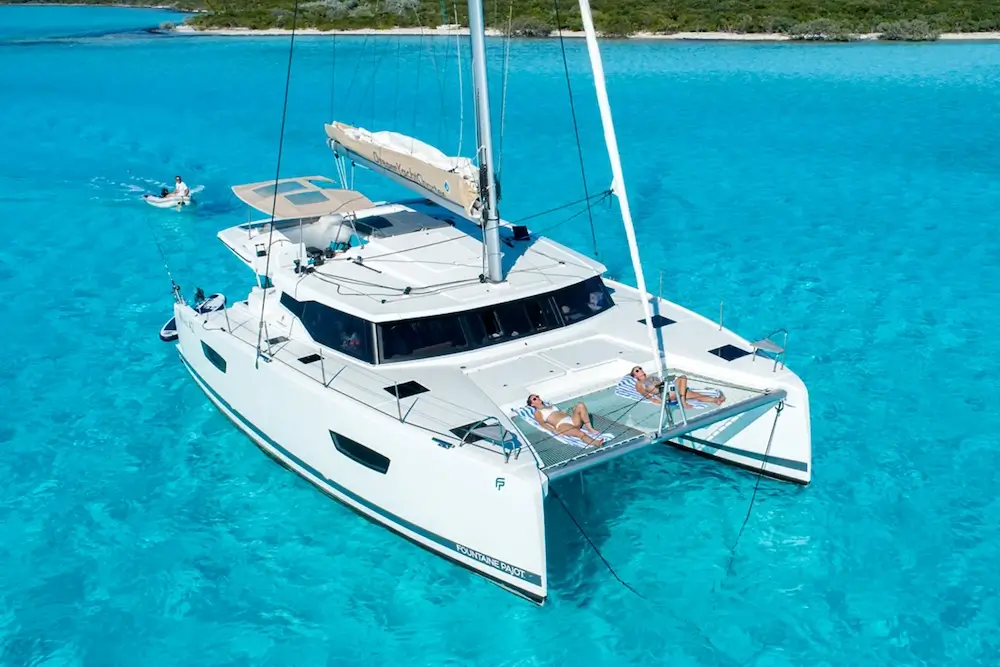
What You Need To Know Before Renting A Boat In Greece 1
Choosing the Right Boat for Your Greek Adventure
Types of Boats Available
When considering a boat charter in Greece, you have various options ranging from sailing yachts, motor yachts, catamarans, and gulets. Each type of vessel offers a different experience and suits various needs and preferences.
Sailing Yacht vs. Catamaran
While a sailing yacht offers a traditional and thrilling sailing experience, a catamaran charter in Greece might be your preference for a more stable and spacious option. Catamarans are especially popular for their comfort and are ideal for families or groups.
Planning Your Itinerary
Popular Greek Sailing Routes
Your sailing itinerary can include popular spots like the Cyclades, the Saronic Gulf, or the Ionian Islands. Each region has its charm, and it’s important to plan according to what you wish to experience—be it the vibrant nightlife, tranquil bays, historical sites, or bustling ports.
Customizing Your Journey
While spontaneity is a joy of sailing, having a planned itinerary in Greek waters is advisable. It helps in managing time, ensuring you don’t miss out on must-see locations and activities.
The Best Time to Sail in Greece
Weather Patterns and Sailing Seasons
The ideal time for a Greece sailing charter is between April and October, with the summer months being the peak season. Keep in mind that August can be quite crowded, and meltemi winds in the Aegean can be strong, making some days challenging for sailing.
Off-Season Sailing
Sailing off-season can be a unique experience with fewer crowds and sometimes more favorable charter rates. However, always check the weather forecasts and availability of services on the islands during these times.
Preparing for Your Greek Sailing Experience
Safety Measures and Precautions
Safety should be your top priority. Ensure your chosen vessel is equipped with the necessary safety equipment, including life jackets, flares, and communication devices. A brief safety induction before departure is also crucial.
Essential Skills and Knowledge
If you’re considering a catamaran charter in Greece without a skipper, ensure you or a crew member has the sailing proficiency to handle the boat and navigate through Greek waters.
Budgeting for Your Boat Charter
Understanding the Costs Involved
When planning your budget, consider the charter fee, fuel costs, mooring fees, and any additional costs for extra services like a skipper, hostess, or cook. It’s wise to allocate some funds for unforeseen expenses.
Finding the Best Deals
To get the best value, compare different charter companies, look for special offers, and consider booking well in advance or last minute for potential discounts.

What You Need To Know Before Renting A Boat In Greece 2
Getting Ready for Your Greek Sailing Trip
Before you embark on your unforgettable journey through Greek waters, it’s crucial to prepare adequately. This preparation will not only ensure a smooth experience but also help you make the most of your adventure on the seas.
Essential Provisions for Your Charter
Stocking Up on Supplies
Before setting sail, stock up on necessary provisions. This includes food, water, sunscreen, and any medications you might need. Remember, while island-hopping, some remote areas may not have easy access to stores.
Catering to Dietary Preferences
If you have specific dietary needs or preferences, plan your provisions accordingly. It’s important to communicate these to any crew or staff beforehand if they are assisting with meal preparations.
Navigational Briefing and Chart Studies
Understanding Local Waters
Take the time to study local charts and discuss your route with the charter company or a local expert. They can provide invaluable advice on navigating through tricky areas and inform you of any recent changes in sea conditions or weather patterns.
GPS and Traditional Navigation
While modern GPS systems have made navigation easier, it’s wise to familiarize yourself with traditional navigational techniques as well. Knowing how to read sea charts, use a compass, and understand maritime signage can enhance your sailing experience.
Familiarizing Yourself with the Vessel
Boat Briefing and Check-In Procedures
Upon receiving your boat, a thorough briefing is usually provided. Pay attention to the specifics of the vessel’s operations, safety procedures, and any unique quirks it may have.
Technical Checks and Inventory
Conduct a comprehensive check of the boat’s technical aspects and inventory. Make sure all equipment is functioning properly and that you have all the necessary items as per the inventory list provided by the charter company.
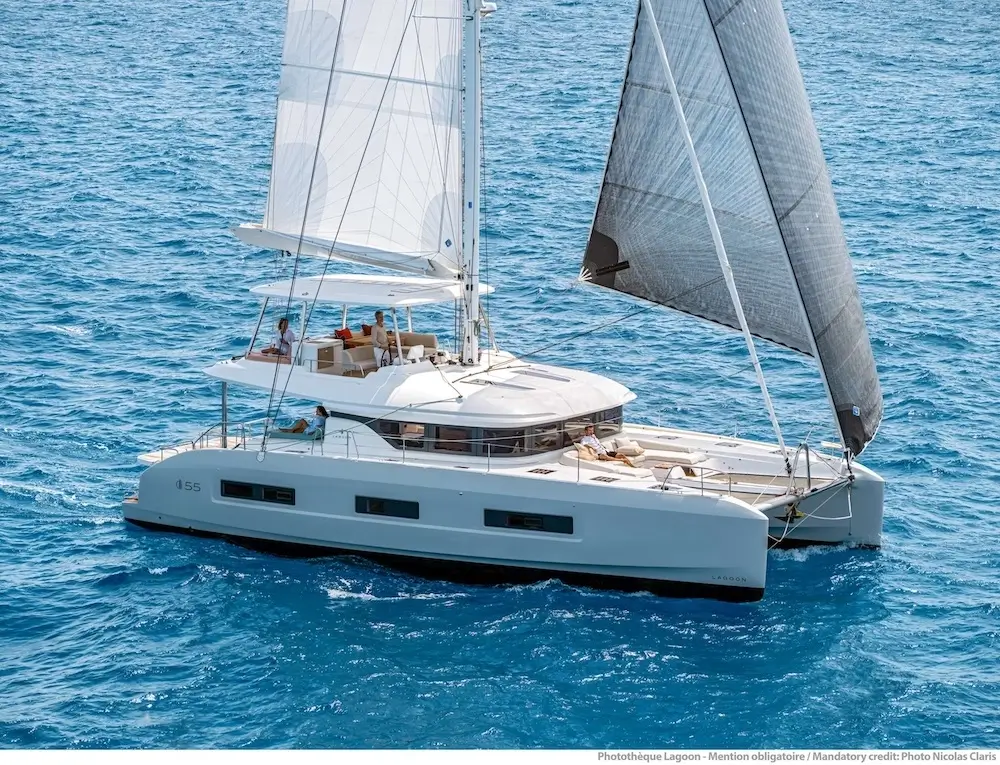
What You Need To Know Before Renting A Boat In Greece 3
Embracing the Sailing Lifestyle
Adjusting to Life at Sea
Life on a boat can be different from what you’re used to on land. It requires a certain level of adjustment, especially when it comes to space management and water conservation.
Daily Routines and Duties
Establishing a daily routine and assigning duties can help in maintaining order and ensuring everyone on board contributes to the journey’s success.
Safety on Board
First Aid and Emergency Protocols
Familiarize yourself with the boat’s first aid kit and understand basic first aid procedures. Also, know the emergency protocols and the locations of life-saving equipment.
Communication and Signaling Devices
Ensure you know how to use the boat’s communication devices, including the VHF radio, in case you need to contact the coast guard or other vessels.
Experiencing Greek Culture and Hospitality
Island Etiquette and Local Customs
When you dock at the various Greek islands, take the time to understand and respect local customs and etiquette. Engage with the locals and embrace the warmth of Greek hospitality.
Sampling Local Cuisine
Don’t miss out on the opportunity to try local Greek cuisine. Whether it’s freshly caught seafood, olives, or the famous Greek salad, each island has its culinary delights.
Sustainable Sailing Practices
Protecting the Marine Environment
Sailing comes with a responsibility to protect the marine environment. Be mindful of your waste disposal, avoid damaging marine life with anchors, and respect protected areas.
Eco-Friendly Boating Tips
Consider eco-friendly practices such as minimizing plastic use, recycling, and conserving water. Your efforts will help ensure that the beauty of the Greek islands remains for future sailors to enjoy.
Maximizing Your Greek Sailing Experience
Your journey through the idyllic waters of Greece should be as smooth as the Aegean Sea on a calm day. The last leg of your preparations will ensure you leave with memories etched in the hues of the Grecian sunsets and the tastes of its rich cuisine.
Navigating Through the Aegean and Ionian Seas
Picking the Perfect Route
While sailing through Greece, choosing a route that balances popular spots with secluded hideaways can offer the most enriching experience. Consider seeking advice from seasoned sailors or the local community for their insights.
Timing Your Journey
Timing is key in sailing. Navigate your itinerary to avoid the peak hours at popular destinations, ensuring a more serene experience and easier mooring.
Anchoring in Tranquil Bays
Seeking Out Hidden Coves
Greece’s islands are dotted with hidden coves that often escape the tourist radar. Seek out these gems for a peaceful anchorage and a taste of unspoiled nature.
Respectful Anchoring
Always anchor with respect to the environment and other seafarers. Ensure you’re not disrupting local marine life or encroaching on private waters.
Cultural Immersion in the Greek Isles
Participating in Local Festivities
Partake in the local festivities and traditions. The Greek islands are known for their vibrant celebrations and welcoming locals who enjoy sharing their culture with visitors.
Historical Exploration
Take the time to explore the rich history of each island. From ancient ruins to Byzantine castles, each stone has a story to tell.
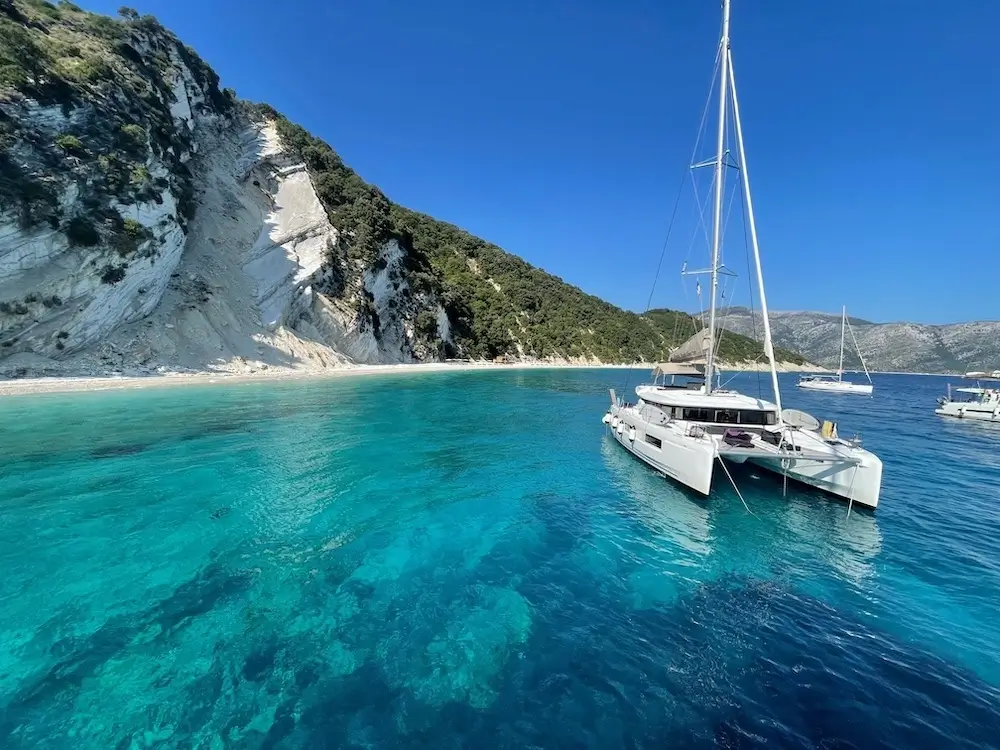
What You Need To Know Before Renting A Boat In Greece 4
Culinary Adventures on Shore
Discovering Island Specialties
Each Greek island has its culinary specialties. From the olives of Kalamata to the cheeses of Naxos, savoring these flavors will provide a more authentic experience.
Sustainable Dining
Support local communities by dining at family-owned tavernas and restaurants that source their produce locally, ensuring freshness and sustainability.
Lasting Impressions and Departure
Creating a Photographic Journal
Capture your memories not just in your mind but also through the lens. A photographic journal can be a beautiful way to remember the trip and share stories with friends and family.
Leaving No Trace
As you prepare to depart, ensure you leave the yacht and the environment as pristine as when you arrived. The philosophy of ‘leave no trace’ is paramount in preserving Greece’s natural beauty.
Conclusion: Anchoring Memories of a Lifetime
Your sailing journey in Greece is not just a vacation; it’s an odyssey of the modern age. It’s about the silent whispers of the ancient Greek gods among the ruins, the touch of the Mediterranean sun on your skin, the taste of the salty sea on your lips, and the kindred spirit of the sea that sailors share. By being well-prepared, respectful of local cultures and environments, and open to adventure, you will set the sails for an unforgettable experience.
As the Greek proverb goes, “A ship is safe in harbor, but that’s not what ships are for.” So set your sails, embark on this voyage of discovery, and let the winds of Greece guide you to blissful horizons.


